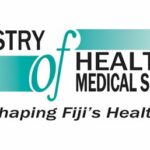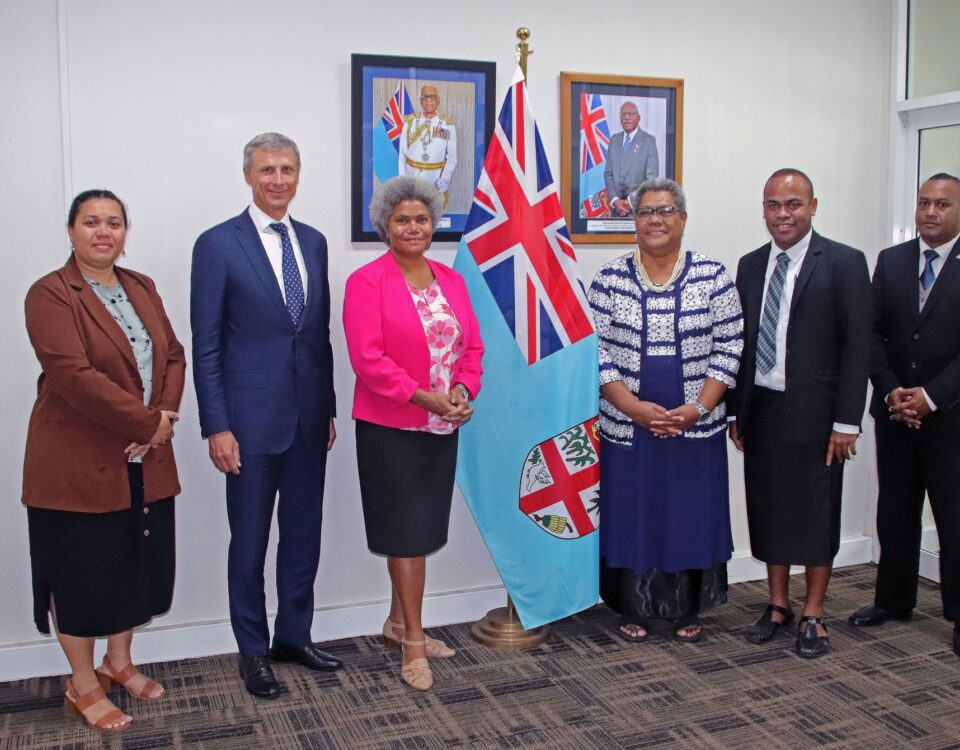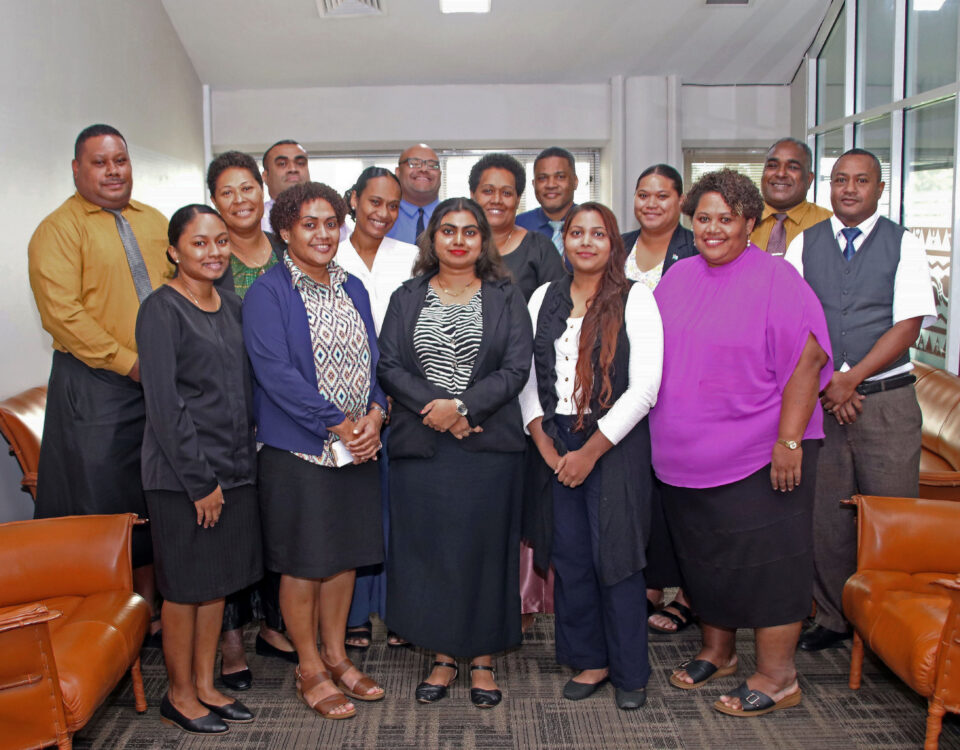
Minister Waqainabete Address Health Leaders in Safe Surgery Practices at the World Health Assembly
23/05/2019
Fiji and EU Commit to Strengthen Relations
24/05/2019Published On: 23/05/2019
Fiji’s Permanent Representative to the United Nations in Geneva, Nazhat Shameem Khan chaired the launching of the Global Assessment Report (GAR19) on the margins of the 6th Session of the UN Disaster Risk Reduction Global Platform last week.
GAR is recognized for its new ground breaking findings on risk and its reduction which challenges prevailing norms and which is essential to re-examine our behaviour and choices. It is the leading publication on disaster risk reduction in understanding of how disaster risk is created.
It provides the first update from countries on progress against the seven targets of the Sendai Framework for Disaster Risk Reduction 2015–2030, the global guide to understanding and dealing with disaster risks.
The launching was widely anticipated by the 150 Member States, international and regional organisations, civil societies and academia in attendance.
In her opening remarks, Ambassador Khan said that “GAR 2019 challenges us to think of new ways about disaster risk management, to think of the plurality of risk rather than simply addressing the threats posed by individual hazards which is fundamental to re-examine how we deal with risk.”
She emphasised on the need to cooperate and venture out to small and vulnerable communities so as to ease their burden “We need timely interventions to effectively protect those groups who are most at risk, with special emphasis on those living in low-income countries and small island developing states.” The GAR 2019 lays out all the arguments for doing so in an urgent and effective manner.
So far 56 countries have reported on their progress in achieving the Sendai Framework Target which sets a deadline of 2020 for national and local strategies to be in place to reduce disaster losses.
Interestingly, the latest GAR19 moves beyond disaster risk to consider the pluralistic nature of risk in multiple dimensions, at multiple scales and with multiple impacts. It provides a guidance on ways the governments, communities and individuals can effectively understand the relationship associated with disaster risk and its reduction.
The panel included Ms. Mami Mizutori, Special Representative of the Secretary-General for Disaster Risk Reduction and Professor Aromar Ravi from the Indian Institute for Human Settlements. This is one of the two sessions which Ambassador Khan chaired in the UNDRR Global Platform event in Geneva, Switzerland.





